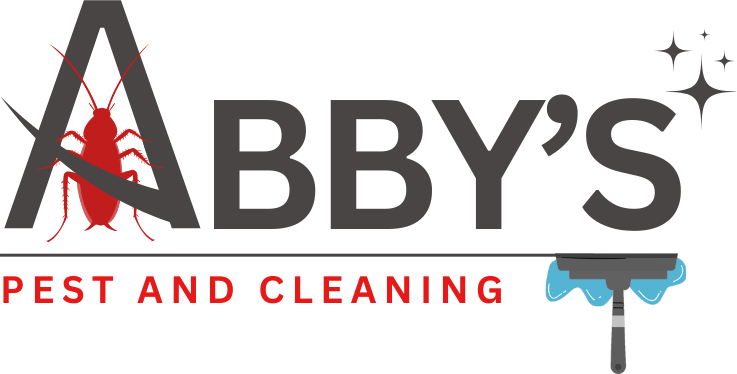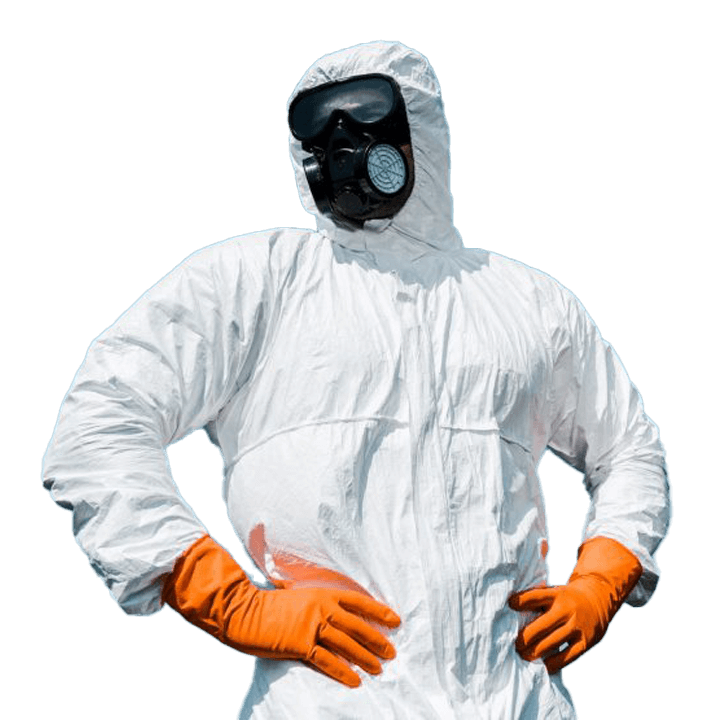WASP STINGS
Wasps use stinging as a means of self-defense when they sense danger. If they or their nest is disrupted, they can become highly hostile, attacking anything or anyone that they perceive as a threat.
TIPS TO AVOID WASP STINGS
During late summer and early autumn, adult wasps do not receive any sugary secretion as there are no young wasps to feed. As a result, they will look for sweet things to supplement their diet, making them more bothersome at outdoor dining venues, picnics, and barbecues. To prevent being stung, there are practical measures you can take, such as.
There are practical things you can do to avoid being stung, such as:
– Move away slowly and calmly instead of screaming, flapping your arms, or swatting at wasps, as these actions will only agitate them and make them aggressive.
– Avoid using highly floral perfumes and hair products with strong, sweet smells.
– Avoid wearing bright colors or bold floral patterns, which can attract wasps.
– Stay away from soft fruit plants, uncovered bins, and fermenting fruits, as wasps tend to gather in these places in search of food scraps.
– Don’t leave soft drink cans unattended, as wasps often crawl inside and can sting you on the tongue.
– Whenever possible, keep foods and drinks covered while dining outdoors.
– Clean your hands, as well as your children’s hands and faces, after consuming sweet foods and drinks.
HOW TO GET RID OF WASPS
Why risk getting stung multiple times trying to handle wasps yourself? The best way to effectively control these pests is to locate their nest and eliminate it. ABBY’s expert technicians are well-equipped with the necessary tools and protective clothing to deal with wasps. They use insecticidal dust or spray to eradicate wasps at all stages of their life cycle by applying it into the nest via the entry tunnel. These products work quickly and have a lasting effect. When you hear that buzzing sound, the only solution you need is to contact ABBY’s pest control and cleaning service Melbourne.
Our experienced technicians are fully trained and equipped to handle wasp infestations of all sizes. Wearing specialised protective clothing and using the latest pest control tools, we take a strategic approach to wasp removal. The first step is identifying the location of the nest, often found under eaves, in wall cavities, trees, or garden sheds. Once located, we apply a targeted insecticidal dust or non-repellent spray directly into the nest’s entry point. These products act fast and penetrate deep within the nest, killing wasps at all stages of their life cycle—including eggs and larvae.
Unlike DIY sprays that may aggravate the colony and increase your risk, ABBY’s professional wasp treatments are designed to eliminate the threat safely and completely. The treatments we use are long-lasting and ensure the nest does not become active again. After treatment, we also offer advice on how to avoid future infestations by identifying factors that attract wasps, such as exposed food, sugary drinks, or accessible nesting spaces.
So the next time you hear that alarming buzzing sound or notice wasps gathering around your property, don’t take matters into your own hands. Contact ABBY’s Pest Control and Cleaning Services in Melbourne—your trusted solution for fast, safe, and reliable wasp removal.
We serve Glen Waverley, Mount Waverley, Glen Huntly, Noble Park, Pakenham, Springvale, Clayton, Frankston, Mulgrave, Rowville, Knox, Burwood, Officer, Blackburn & nearby areas of Melbourne.
PREVENTION TIPS!
To avoid the pain of getting stung by wasps, it’s best to deal with their nests as early as possible. Start by inspecting your home and garden for nests in early spring, especially in preferred locations like garages, sheds, cavity walls, roof voids, and under eaves. It’s even possible to find a nest on a disused car, as we’ve treated one before – check out our Instagram feed for a photo! Since wasps hibernate in winter, their nests will still be small in early spring, typically the size of a golf ball, so there will be fewer wasps to contend with. Some common-sense steps include securing the lids on outside bins and keeping them away from doors and windows, keeping windows and doors shut, and keeping children and pets away from identified nests. If the nest isn’t on your property, unfortunately, you can’t do much to have it removed, unless you can convince your neighbour to give us a call!


